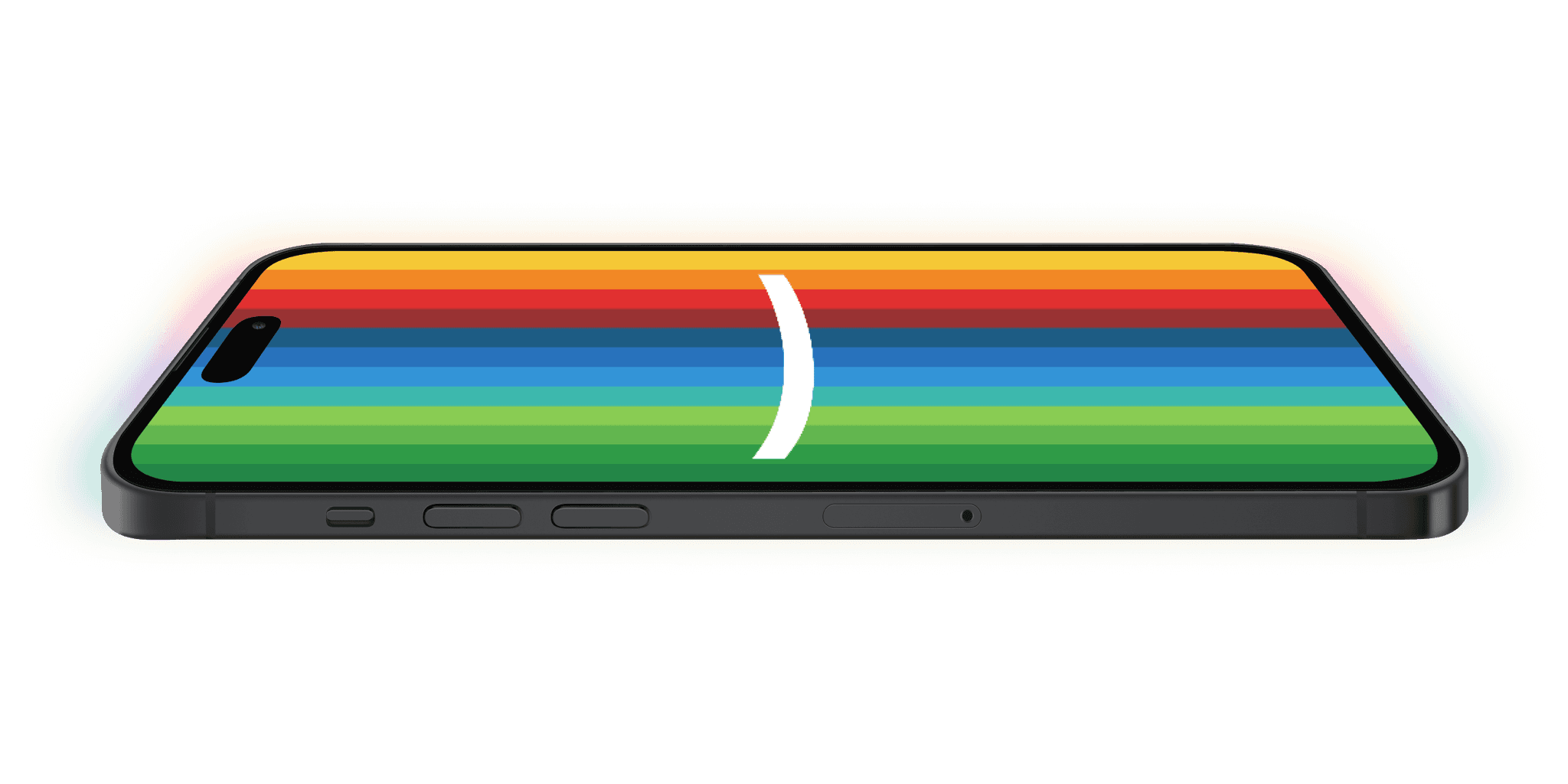This holiday season, give your child the gift of a solid financial foundation. With bunq's Child Account, your child isn’t just saving—they’re learning essential skills in financial literacy and independence. Here’s how our flexible Child Account can support your child’s growth.
Start Early, Save Smart
Opening a savings account for your child is a proactive way to build their financial literacy. From their first pocket money to saving for bigger goals, a Child Savings Account helps them learn the value of money and effortlessly save.
Adapting to Growing Needs
As your child’s needs evolve, so do their financial options. Whether managing regular expenses with a Joint Account or setting savings goals with a Joint Savings Account, bunq’s Child Accounts adapt at every stage. This prepares them for both small and big milestones—like saving for a new bike or their first car—and grows alongside their understanding of money management.
Setting Financial Goals Together
With bunq, kids learn the importance of financial goals. Through the bunq app, they can set and track savings goals, making saving both engaging and rewarding. This experience helps them build habits that foster financial responsibility well into adulthood.
Empowerment Through Features
Our Child Accounts include features like Instant Notifications and Budgeting overviews, which teach young savers to manage their finances confidently. They’re designed to give your child the freedom to learn and grow while keeping you in control with parental oversight features like spending limits and activity tracking. Involving children in their finances early on builds their confidence and independence, all within a safe framework.
Education with Every Transaction
Financial education doesn’t have to feel like a chore. Every transaction with bunq becomes a practical learning experience. From managing funds to understanding shared accounts, kids gain essential skills in making smart financial choices.
Teach Financial Responsibility
A bunq Child Account isn’t just about saving—it’s about learning financial responsibility. Managing their own accounts teaches kids about earnings, expenses, and the importance of saving, preparing them for a financially independent future.




